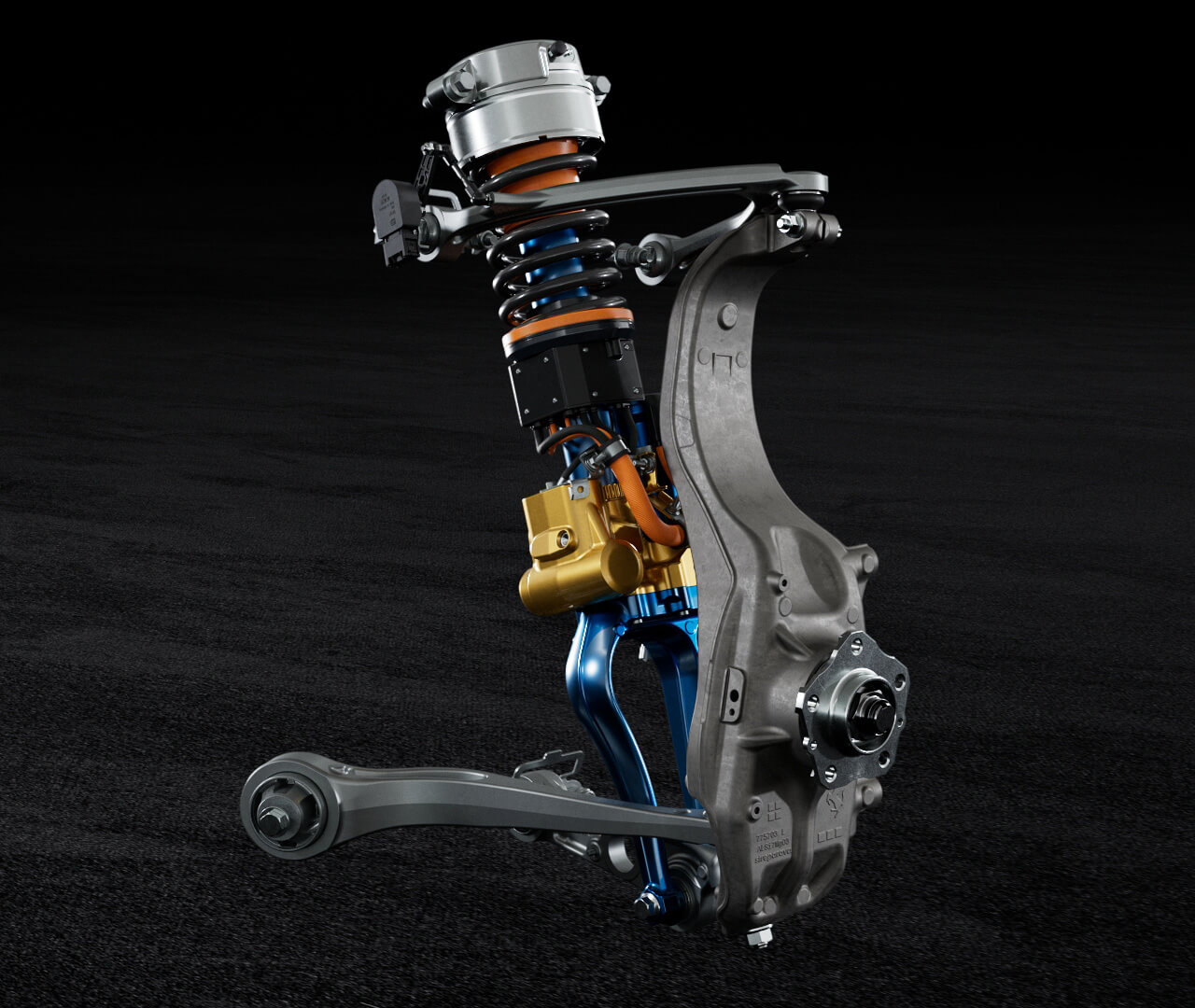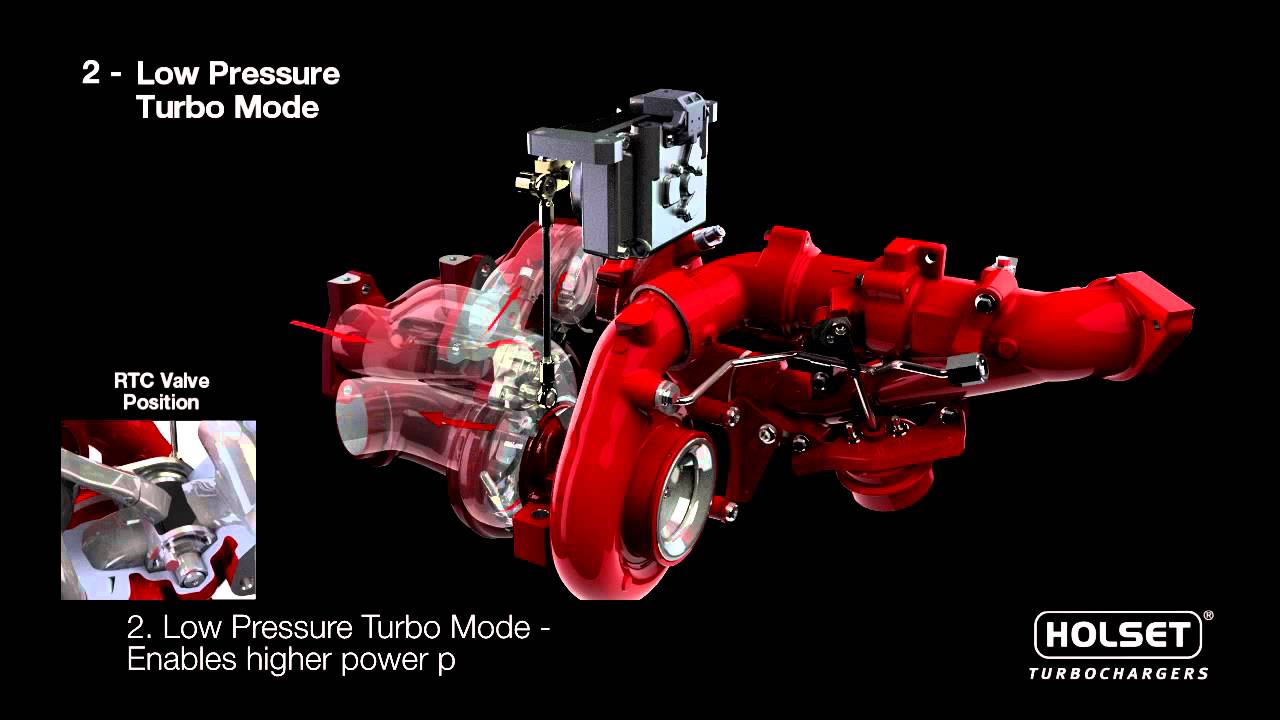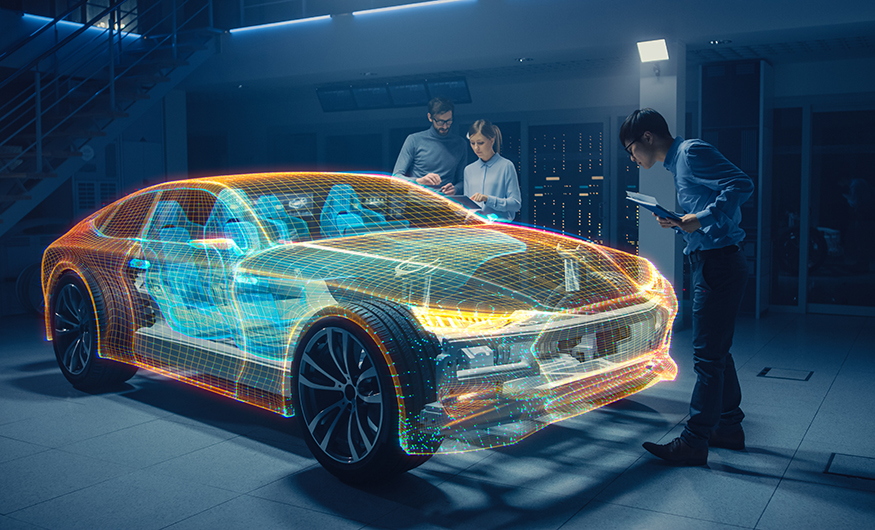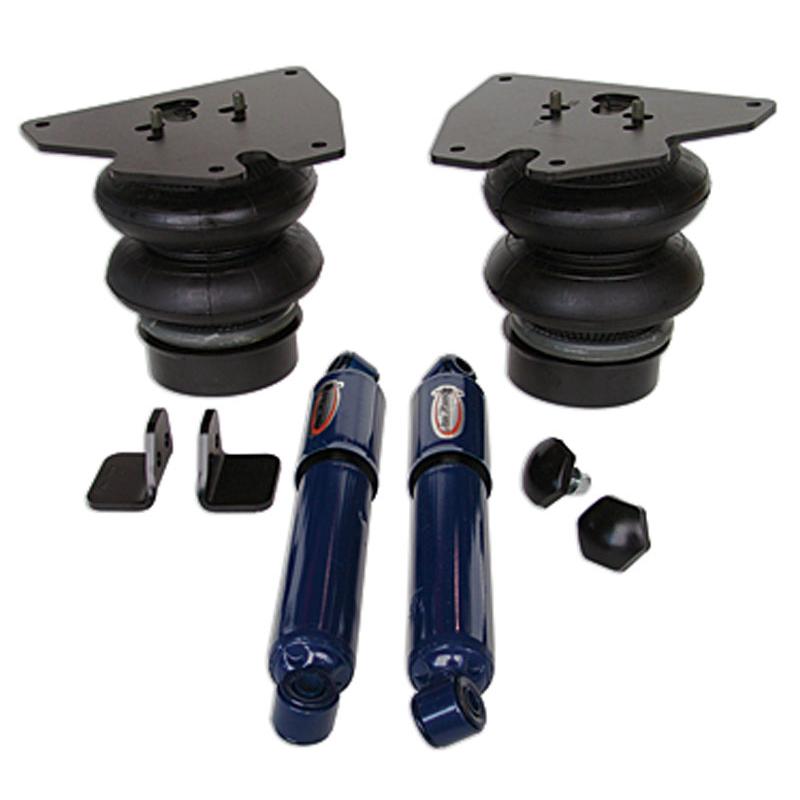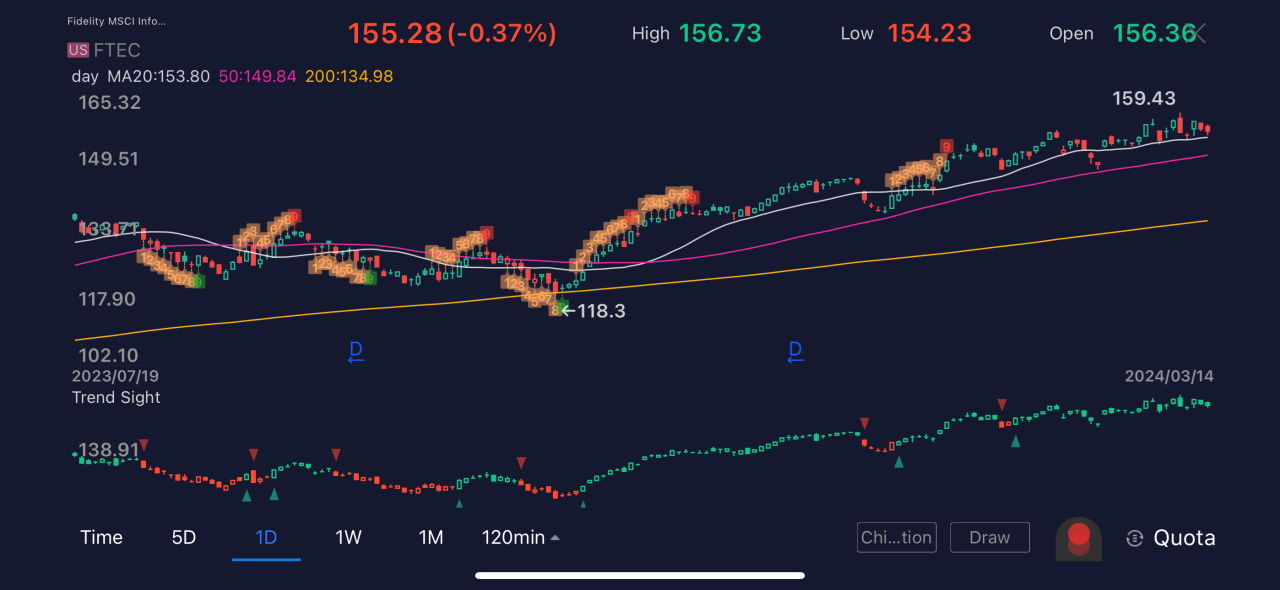Mercedes Hybrid Technology: A Journey Towards Sustainable Mobility
Mercedes hybrid technology, a pioneering force in the automotive industry, has revolutionized the way we think about driving. Combining the power of gasoline engines with the efficiency of electric motors, […]
Mercedes hybrid technology, a pioneering force in the automotive industry, has revolutionized the way we think about driving. Combining the power of gasoline engines with the efficiency of electric motors, Mercedes hybrid vehicles offer a compelling blend of performance and sustainability.
From the introduction of mild hybrid systems to the advanced plug-in hybrids, Mercedes has continuously pushed the boundaries of hybrid technology, resulting in vehicles that deliver exceptional fuel economy, reduced emissions, and exhilarating driving experiences. This article explores the history, evolution, and future of Mercedes hybrid technology, delving into the intricacies of its various systems and their impact on the automotive landscape.
Introduction to Mercedes Hybrid Technology
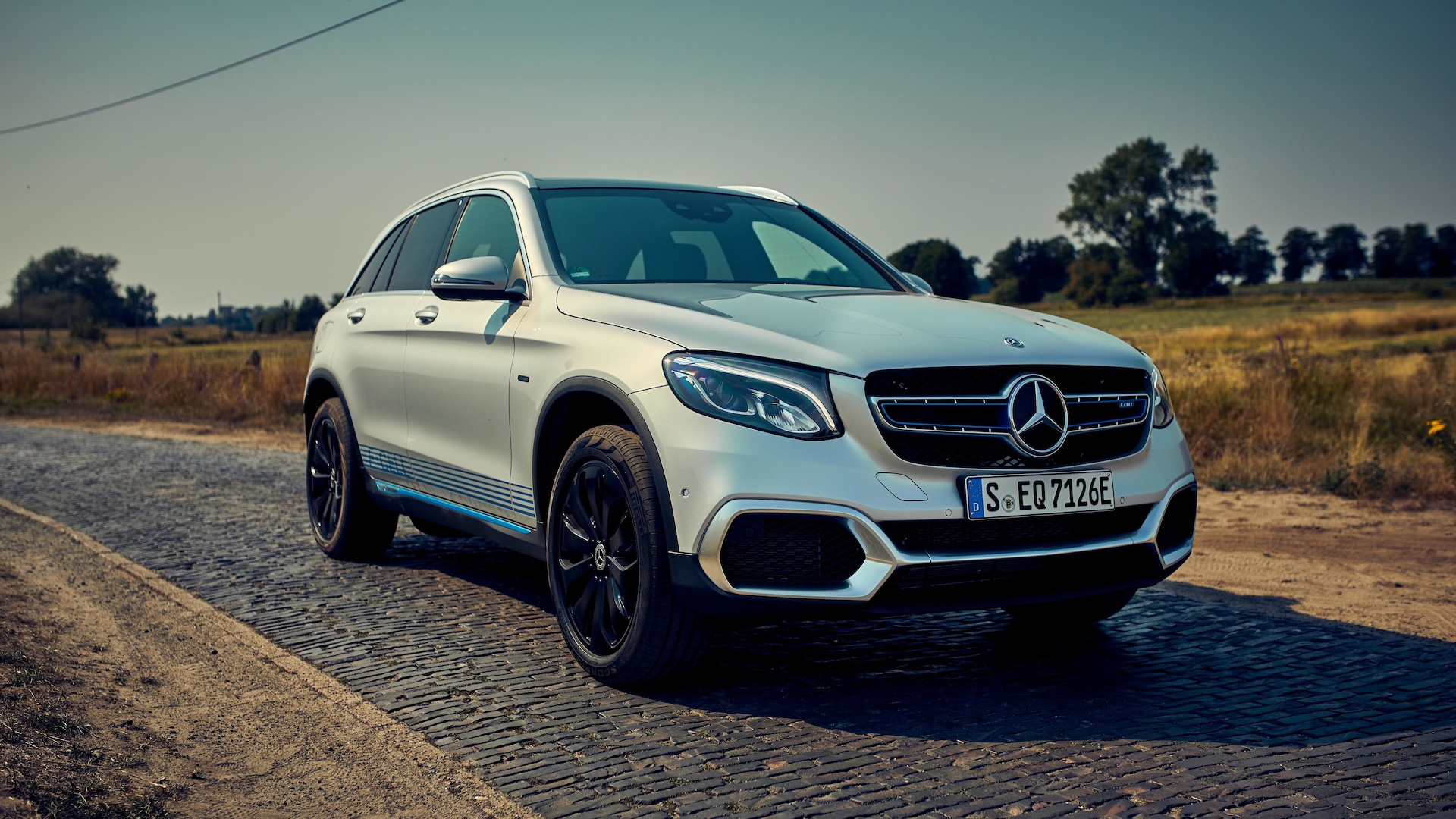
Mercedes-Benz has been a pioneer in the development of hybrid technology, consistently striving to enhance fuel efficiency and reduce emissions. Their journey began in the early 2000s, with the introduction of the first hybrid models, and has evolved significantly over the years.
Mercedes hybrid technology offers a range of benefits for drivers, including improved fuel economy, reduced emissions, and enhanced performance. The integration of electric motors with conventional combustion engines provides a seamless blend of power and efficiency.
Overview of Mercedes Hybrid Systems
Mercedes-Benz utilizes various hybrid systems, each tailored to meet specific performance and efficiency needs. These systems can be broadly categorized into:
- Mild Hybrids: These systems utilize a small electric motor to assist the combustion engine, providing additional power and improving fuel economy. The motor is powered by a small battery, which is recharged by regenerative braking.
- Full Hybrids: These systems allow the vehicle to operate solely on electric power for short distances, providing a zero-emission driving experience. The electric motor is more powerful than in mild hybrids, and the battery pack is larger, allowing for extended electric-only operation.
- Plug-in Hybrids: These systems offer the most extended electric range, as the battery pack can be charged externally from a power outlet. Plug-in hybrids can operate solely on electric power for longer distances, significantly reducing fuel consumption and emissions.
Mercedes Hybrid Technology Components
Mercedes-Benz hybrid vehicles are powered by a combination of a gasoline engine and an electric motor, working together to deliver impressive performance and fuel efficiency. The intricate interplay of these components, including the electric motor, battery pack, and power electronics, is what defines the Mercedes hybrid experience.
Electric Motor
The electric motor is a key component of the Mercedes hybrid system, providing additional power and torque, especially during acceleration. This allows for a more responsive and engaging driving experience, while also contributing to fuel efficiency.
- Types of Electric Motors: Mercedes-Benz utilizes various types of electric motors in its hybrid vehicles, including permanent magnet synchronous motors (PMSM) and induction motors. PMSM motors are known for their high efficiency and power density, while induction motors offer durability and robustness.
- Power Output: The power output of the electric motor varies depending on the specific hybrid model. For instance, the electric motor in the Mercedes-Benz S 560 e produces 118 hp (88 kW) and 440 Nm (325 lb-ft) of torque.
- Regenerative Braking: One of the most significant advantages of electric motors is their ability to regenerate energy during braking. When the driver applies the brakes, the electric motor acts as a generator, converting kinetic energy into electricity and storing it in the battery pack. This helps improve fuel efficiency and reduce emissions.
Battery Pack
The battery pack serves as the energy storage unit for the electric motor, powering it and enabling the vehicle to operate in pure electric mode for short distances. The battery pack is a crucial component in maximizing fuel efficiency and reducing emissions.
- Battery Chemistry: Mercedes-Benz utilizes lithium-ion battery packs in its hybrid vehicles, known for their high energy density and long lifespan. These batteries are designed to handle the demands of frequent charging and discharging cycles.
- Capacity: The battery pack’s capacity varies depending on the model and its intended use. Larger battery packs provide longer electric range, while smaller packs focus on maximizing fuel efficiency.
- Charging: Mercedes-Benz hybrid vehicles can be charged using a standard household outlet or a dedicated charging station. The charging time depends on the battery pack’s size and the charging infrastructure used.
Power Electronics
Power electronics play a critical role in managing the flow of energy between the gasoline engine, electric motor, and battery pack. They ensure efficient and seamless operation of the hybrid system, optimizing performance and fuel economy.
- Power Control Unit (PCU): The PCU acts as the brain of the hybrid system, controlling the flow of power between the engine, motor, and battery. It constantly monitors and adjusts the power distribution to optimize performance and fuel efficiency.
- DC-DC Converter: This component converts the high voltage DC from the battery pack to a lower voltage DC suitable for powering the vehicle’s electrical systems.
- Inverter: The inverter converts the DC power from the battery pack to AC power, which is then used to drive the electric motor.
Performance and Fuel Efficiency of Mercedes Hybrids
Mercedes-Benz hybrid vehicles offer a compelling blend of performance and fuel efficiency, leveraging the strengths of both electric and gasoline powertrains. This approach delivers a driving experience that is both exhilarating and environmentally conscious.
Performance Characteristics of Mercedes Hybrids, Mercedes hybrid technology
The performance characteristics of Mercedes hybrid vehicles are a testament to the seamless integration of electric and gasoline power. Hybrid systems provide instant torque, resulting in impressive acceleration, particularly from a standstill. The electric motor assists the gasoline engine, enhancing responsiveness and overall power output. This translates to a smooth and effortless driving experience, regardless of driving conditions. Additionally, the regenerative braking system captures energy during deceleration, which is then used to charge the battery, further enhancing efficiency.
Fuel Efficiency of Mercedes Hybrids
Mercedes hybrid vehicles are renowned for their exceptional fuel economy. The combination of electric and gasoline power allows these vehicles to achieve significantly better fuel efficiency compared to their gasoline-powered counterparts. The electric motor provides assistance during acceleration and cruising, reducing the reliance on the gasoline engine. This translates to lower fuel consumption, resulting in substantial savings at the pump. The regenerative braking system further contributes to fuel efficiency by recovering energy that would otherwise be lost during braking.
Impact of Hybrid Technology on Emissions and Environmental Sustainability
Mercedes hybrid technology plays a significant role in reducing emissions and promoting environmental sustainability. By utilizing electric power for a portion of the driving cycle, hybrid vehicles emit significantly fewer greenhouse gases compared to their gasoline-powered counterparts. This reduction in emissions contributes to cleaner air and a healthier environment. Moreover, the regenerative braking system further enhances efficiency by recovering energy that would otherwise be lost, further minimizing environmental impact.
The Future of Mercedes Hybrid Technology
Mercedes-Benz is committed to a future of sustainable mobility, and hybrid technology plays a crucial role in this vision. The company is continuously developing and refining its hybrid systems, aiming to enhance performance, fuel efficiency, and overall driving experience.
Advancements in Hybrid Systems
Mercedes is actively exploring innovative ways to further enhance its hybrid technology. The company’s focus is on increasing the electric range of its hybrid vehicles, improving battery technology, and integrating advanced features for a seamless and efficient driving experience.
- Increased Electric Range: Mercedes is working on developing larger and more efficient battery packs to extend the electric range of its hybrid vehicles. This will allow drivers to cover longer distances in pure electric mode, reducing fuel consumption and emissions. For instance, the upcoming Mercedes-Benz S-Class hybrid is expected to have an electric range of over 100 kilometers, significantly exceeding the current range of most hybrid models.
- Improved Battery Technology: The company is investing in research and development to improve the performance, longevity, and charging speed of its battery technology. This includes advancements in battery chemistry, thermal management systems, and fast-charging capabilities. For example, Mercedes is developing solid-state batteries, which promise higher energy density, faster charging times, and longer lifespan compared to traditional lithium-ion batteries.
- Integration of Advanced Features: Mercedes is integrating advanced features into its hybrid systems to enhance the overall driving experience. These features include regenerative braking systems that capture energy during deceleration and use it to charge the battery, predictive hybrid systems that optimize engine and electric motor operation based on navigation data, and intelligent energy management systems that prioritize electric driving when possible.
Role in Sustainable Mobility
Hybrid technology is central to Mercedes-Benz’s commitment to sustainable mobility. By reducing fuel consumption and emissions, hybrid vehicles contribute to a cleaner and more sustainable transportation system. Mercedes aims to achieve carbon neutrality in its vehicle fleet by 2039, and hybrid technology will play a significant role in achieving this goal.
Final Thoughts: Mercedes Hybrid Technology
As Mercedes continues to innovate and refine its hybrid technology, the future of sustainable mobility looks brighter than ever. With a commitment to reducing emissions and enhancing performance, Mercedes hybrid vehicles are poised to play a pivotal role in shaping the automotive industry for years to come. From the sleek and efficient S-Class to the sporty and powerful AMG models, Mercedes hybrid technology offers a compelling choice for drivers seeking a harmonious blend of performance, efficiency, and environmental responsibility.
Mercedes’ hybrid technology is a testament to the automotive industry’s commitment to sustainability. The seamless integration of electric and combustion engines offers a glimpse into the future of driving. This focus on efficiency and innovation aligns with the broader trends in asset management technology, which are constantly evolving to optimize resource utilization and performance.
Asset management technology trends like predictive maintenance and data analytics are crucial in maximizing the value of assets, just as Mercedes’ hybrid technology aims to maximize fuel efficiency and reduce emissions.

